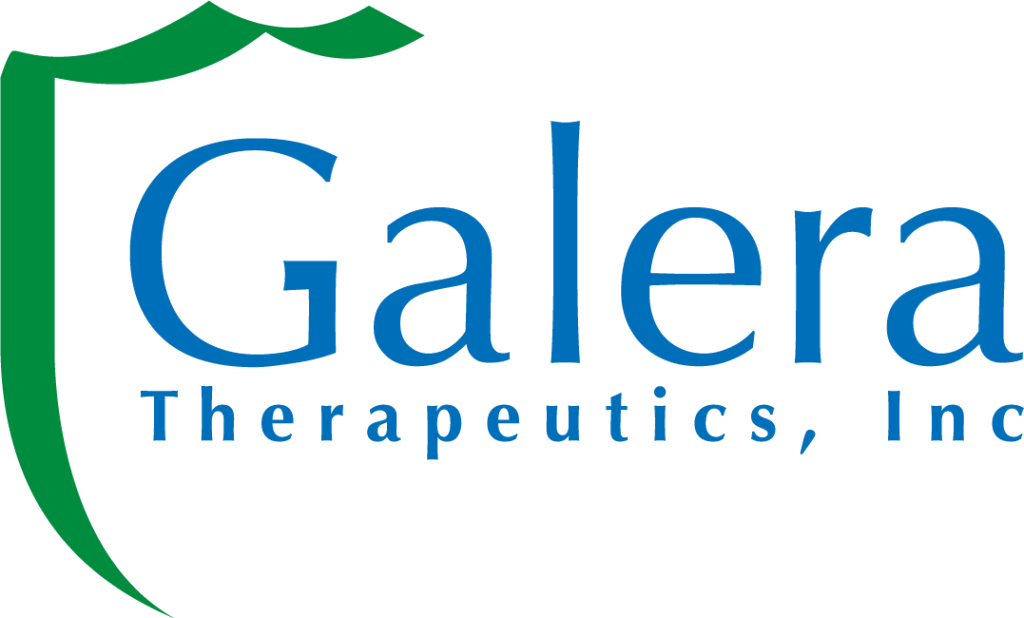Clinical trial liaisons (CTLs) and Contract Research Organizations (CROs) play critical roles in the success of clinical trials, and effective collaboration between the two groups can help to improve the efficiency and quality of the trial. Here are a few ways that CTLs and CROs can best collaborate:
Clear Communication and Regular Meetings: Regular meetings and clear communication are essential for effective collaboration between CTLs and CROs. The two groups should establish clear lines of communication and hold regular meetings to discuss the progress of the trial, address any issues or concerns, and make any necessary adjustments to the trial plan.
Jointly Reviewing Data and Metrics: CTLs and CROs can collaborate by jointly reviewing enrolment data and metrics on a regular basis to ensure that the trial is on track and that the patients are being properly cared for.
Collaborating on Patient Recruitment: CTLs and CROs can work together to support the identification of eligible patients and to facilitate the recruitment process. CTLs can provide the CROs with data and ensure that the recruitment strategy aligns with the overall goals of the trial.
Collaborating on Training and Education: CTLs and CROs can collaborate on the development and delivery of training and education programs for the trial staff, including the investigators and research coordinators. This can help to ensure that all trial staff have the necessary knowledge and skills to conduct the trial effectively.
Collaborating on Regulatory Compliance: CTLs and CROs should work together to ensure that all aspects of the trial comply with regulatory requirements, this includes Ethics and IRB submissions, monitoring and reporting to regulatory authorities.
Utilizing Technology: CTLs and CROs can utilize technology, such as Electronic Data Capture (EDC) systems, e-consent, e-diaries and electronic patient reported outcome, in order to improve the efficiency and quality of data collection and management, helping to enhance the overall trial process.
Building a Strong Partnership: Building a strong partnership with trust and open communication between CTLs and CROs is crucial for the success of the trial and ultimately for the improvement of patient care. This includes understanding each other's roles, responsibilities, and constraints.
By collaborating closely and effectively, CTLs and CROs can help to ensure that the trial is conducted efficiently, effectively and ethically, resulting in the generation of meaningful data that can ultimately improve patient care.
Hiring and training MSLs, creating valuable metrics, and demonstrating that value to internal and external customers are challenges we relish and, quite frankly, know how to do well. We are known for our innovation. We didn't make our name in the business by being ordinary. We don't just hire, train, and deploy contract-based MSL teams, we also equip them with the tools to ensure their success.
























